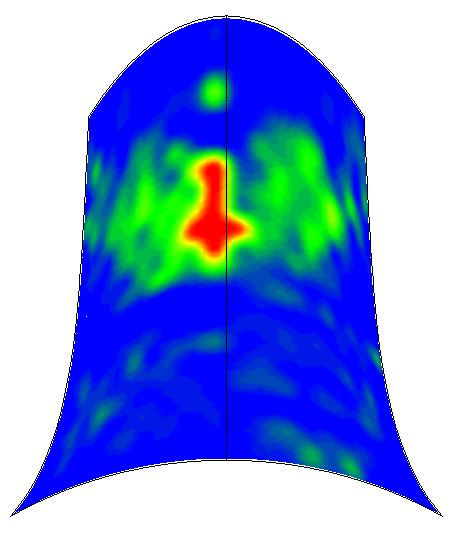

Dear patients,
dear equestrian friends
Riding is a very demanding sport that uses almost all muscle groups and promotes coordination and balance.
Do you pursue equestrian sports with commitment and enthusiasm and do everything you can to ensure that your four-legged friend is well? Unfortunately, a whole group of equestrian athletes suffer from problems in the spine or extremity joints while riding or working in the stables - and there are a variety of causes that can affect our beautiful passion. Unfortunately, one-sided overload such as poor posture after falls and injuries cannot be completely avoided.
In our equestrian sports consultation, we address such problems and first identify the root causes with specific and targeted diagnostics in order to then treat you specifically and results-oriented with an individual therapy and training concept.

Services
Our diagnostic concept includes an extensive anamnesis including clinical examination and a structural analysis using imaging procedures such as:



Ultrasound diagnostics,
x-ray examination,
MRI or CT,
Resonance-controlled pulse diagnostics
Infrared thermography and functional analysis with light-optical, non-contact spine and extremity measurements
Movement and pressure distribution analysis while standing and dynamically combined with muscle function diagnostics (SEMG) on a riding simulator, if necessary and if desired also with your own saddle



The purpose of all of these examinations is to uncover disorders and treat them specifically in order to get chronic complaints safely under control.
Sitting for long periods of time at school and at work causes muscular imbalances, which lead to significant posture problems such as a tendency to hollow back with a tilted pelvis. The subsequent compensations reduce the quality of the sporting activity, harm the horse and lead to pain and sometimes permanent damage.
Good riding requires an optimal combination of mobility and stability of the entire organism in order to harmonize perfectly with the three-dimensional swinging horse's back. After the individual diagnosis, we address the respective weak points with an adapted therapy and a targeted
compensatory training. This may also include saddle optimization so that the pain-free rider is able to maintain his improved condition.
To our
Riding-specific, sports medical care and Supply include, among others:
(1) Sports physiotherapy
(2) Manual therapy
(3) Craniosacral osteopathical therapy
(4) Specific pain therapy
(5) Training recommendation
(6) Individual rehabilitation training after sports injuries

In our equestrian sports consultation, we identify your rider-specific problem and pain areas. We then recommend a therapeutic approach at an early stage and create a therapy concept tailored to your needs, which will enable you carefree hours on the horseback.
A well-prepared rider should be able to practice their sport without pain for as long as possible.
That is our mission!
If desired, you can bring your own saddle for measurement and diagnostics. Every equestrian athlete, from pony riders and recreational riders to professional riders, is welcome. Physical fitness and mobility promote good riding and therefore not only benefit your own health, but also the well-being of the horses.




